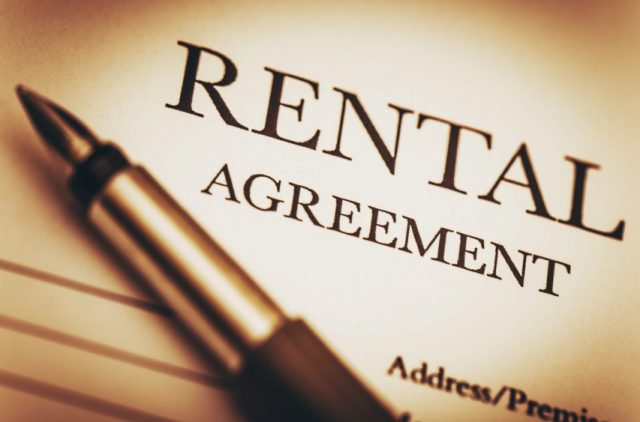Getting rid of tax-relief will drive-up rents
Removing tax-relief for buy-to-let landlords will ultimately restrict the supply of rented property and ultimately make life more difficult for tenants, according to a leading lenders’ group.
The Intermediary Mortgage Lenders Association (IMLA) stated that measures discouraging investment into the private rental sector in this period of population growth and limited supply would only serve to drive up rents.
Losses
By removing the higher-rate tax relief, as proposed in the July budget, investors would be forced in losses and lift the effective tax above 100% as a result.
In its investigation, the IMLA said the changes may, ‘slightly skew the market in favour of owner-occupied house hunters,’ by cutting the price landlords are willing to pay for a property. However, it also warned that by, ‘discouraging investment in the private rented sector the changes will put more upward pressure on rents.’[1]
In addition, the firm expressed concern about the chances of the Bank of England’s financial policy committee moving to regulate the sector. This comes after the committee stated it was monitoring the buy-to-let sector, with concerns that the ongoing popularity of investment could magnify any rises or falls in prices.
Popular
After a sustained drop in popularity following the recession, the market has surged back to form. The £16.6bn advanced to landlords during the first part of 2015 was more than four times the figure recorded in the same period in 2010.
Lending volumes are below their previous peak but there has been rumbling discontent from potential buyers who feel they are being beaten to purchasing a home by investors who do not have to go through the same strict affordability checks.
Yesterday, property website Rightmove stated the average first-time buyer homes were popular with investors. Increased competition between these one and two bed properties have driven up asking prices by nearly 10% over the last year.
Warning
IMLA’s warning came in its report on the mortgage market as a whole. The overall investigation found that first-time buyers who could raise deposits were benefiting from monthly repayments being at a record low.
‘Even though the first-time buyer house price-to-earnings ratio is, at 4.0, high by historical standards, first-time buyer mortgage affordability has never been better,’ the report states. ‘In the second quarter of 2015, the average first-time buyer spent 10.2% of their income on mortgage interest, the lowest figure on record and less than half the proportion recorded at the end of 2007.’[1]
Executive director of IMLA, Peter Williams, said, ‘Comparing market segments, first-time buyer volumes have actually held up best over the period from 2007-2014, while buy-to-let has been clawing its way back from a deep recession as demand for private rental properties has grown.’
‘Until there is a broader policy push to tackle the chronic lack of supply, homeowners and renters in both private and social sectors will all remain vulnerable to the effects of the current lack of fully joined-up policymaking,’ Williams concluded.[1]
[1] http://www.tenantvet.co.uk/scrapping-buy-to-let-tax-relief-will-push-rents-up-warns-lenders-group/




